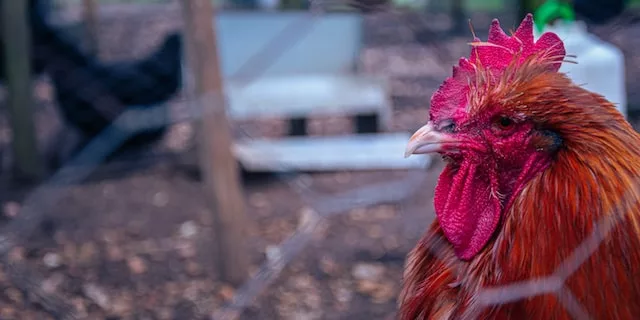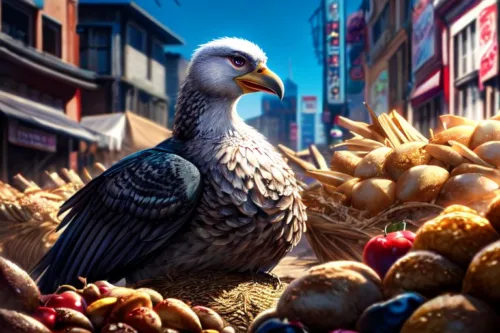

Avian Influenza: A Threat to Public Health and Global Food Security
Avian influenza, also known as bird flu, is a viral infection that primarily affects birds but can also be transmitted to humans. The virus is highly contagious and can spread rapidly through domestic and wild bird populations, causing severe illness and death. In recent years, avian influenza has become a significant threat to public health and global food security, with potentially devastating consequences.
The avian influenza virus is constantly evolving, with new strains emerging regularly. Some strains, such as the H5N1 and H7N9 viruses, have the potential to cause severe illness and death in humans. These viruses are zoonotic, which means they can be transmitted from animals to humans, posing a significant risk to public health. The World Health Organization has identified avian influenza as a potential pandemic threat, and global efforts are underway to prevent the virus from spreading.

Avian influenza, also known as bird flu, is a viral infection that primarily affects birds, but can sometimes spread to humans and other animals. While human cases of avian influenza are rare, the virus can have a significant impact on public health and global food security.
Avian influenza is a major threat to global food security because poultry is a vital source of protein for billions of people worldwide. Outbreaks of avian influenza can have a devastating impact on the poultry industry, leading to significant economic losses and food shortages. When outbreaks occur, entire flocks of birds may need to be culled to prevent the virus from spreading, causing severe disruptions to the poultry supply chain.
Efforts are underway to prevent the spread of avian influenza, including increased surveillance and monitoring of domestic and wild bird populations. Governments around the world are working together to share information and coordinate their responses to outbreaks. The World Health Organization (WHO) and the Food and Agriculture Organization of the United Nations (FAO) are also involved in these efforts, providing guidance and support to countries affected by avian influenza.

In addition to these efforts, there is ongoing research into new treatments and vaccines to help prevent and treat avian influenza. Companies like Sanofi, a global biopharmaceutical company, are at the forefront of this research. Sanofi is committed to improving global health and is working closely with governments and other organizations to prevent and treat outbreaks of avian influenza.
Sanofi’s research into avian influenza includes the development of vaccines that can protect against multiple strains of the virus. This is important because avian influenza can quickly mutate, making it difficult to develop vaccines that are effective against all strains. Sanofi’s vaccines are designed to provide broad protection against multiple strains of the virus, making them an essential tool in the fight against avian influenza.

Sanofi is also involved in the development of new treatments for avian influenza. These treatments are designed to help reduce the severity of the disease and prevent complications. By developing new treatments and vaccines, Sanofi is helping to protect public health and global food security from the threat of avian influenza.
While much progress has been made in the fight against avian influenza, much work still needs to be done. Further research is needed to develop more effective treatments and vaccines that can provide broad protection against multiple strains of the virus. Governments, international organizations, and the private sector must continue to work together to prevent the spread of avian influenza and protect public health and global food security.
In conclusion, avian influenza is a significant threat to public health and global food security. While efforts are underway to prevent the spread of the virus, much work still needs to be done to develop effective treatments and vaccines. Companies like Sanofi are leading the way in this research, with the goal of protecting public health and global food security from the threat of avian influenza. By working together, governments, international organizations, and the private sector can help prevent the spread of avian influenza and protect public health and global food security.



